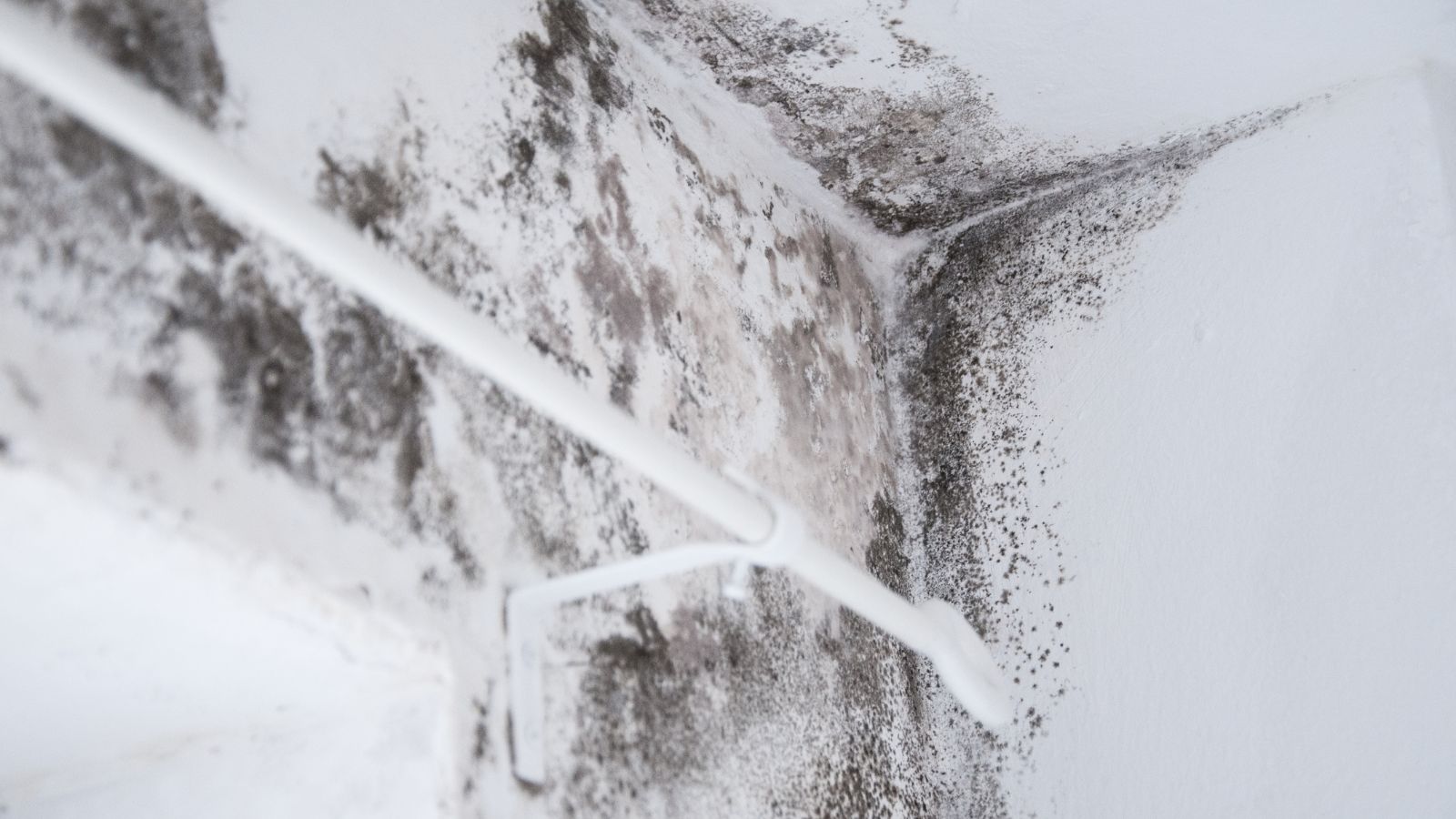Mold is a common problem in most households and can cause serious health issues for those living in affected properties. However, the presence of mold becomes an even bigger problem when you are trying to sell your home. It can decrease the property’s value and make it more difficult to sell.
That brings us to the question, can you sell a house with mold? If yes, how?

To help you out, here is a detailed guide that will help you with information about the negative impacts mold can have on a home, steps for dealing with mold, and best practices for selling a house with mold. By understanding these crucial points, you can make informed decisions and increase your chances of a successful sale.
Why Is Mold a Concern?
Mold is a type of fungus that can grow on various surfaces, including walls, ceilings, and floors. It thrives in moist environments and can release tiny spores into the air, which can be inhaled and cause various health problems. Of the many factors that can contribute to mold growth in a home are high humidity levels, water damage, poor ventilation, and lack of maintenance.
Mold in a home can have far-reaching consequences. To begin with, it can cause serious health problems for those who are exposed to it. Some of the most common health issues associated with mold exposure include respiratory problems and allergies. In addition, mold exposure can be especially harmful to people with pre-existing health conditions.
In addition, mold can significantly decrease the value of a property and make it much more difficult to sell. Potential buyers may also be hesitant to purchase a home with a mold issue, and lenders may be less likely to approve financing for a property that has a mold problem. Additionally, the cost of remediation can be a barrier to sale, as some buyers would be unwilling to pay for remediation.
How To Deal with Mold?
When dealing with mold, it’s essential to follow a systematic approach to effectively address the problem and prevent it from recurring.
● Inspection
The first step in dealing with mold is thoroughly inspecting the affected area. This should be done by a trained professional equipped with the proper protective gear and tools. During the inspection, the professional will assess the extent of the mold problem, identify the source of moisture, and determine the best course of action for remediation.
● Remediation
After the inspection, the next step is to initiate the remediation process. This involves removing the mold and addressing the source of moisture that caused the mold to grow in the first place. The remediation process may involve various procedures, such as cleaning and sanitizing surfaces, removing contaminated materials, and repairing any water damage.
● Testing and Certification
It’s important to conduct follow-up testing to ensure that the mold problem has been effectively addressed. This includes air and surface sampling to determine if mold levels have returned to normal. If the testing results are favorable, the remediation company should provide a certification of clearance indicating that the mold problem has been resolved.
It’s important to remember that mold remediation can be a complex and challenging process, and it’s best to leave it to the professionals who will ensure that your homes are healthy and safe environments.
The Best Practices for Selling a House with Mold
Selling a house with mold can present a few challenges, but there are several best practices that can help ensure a successful sale and a stress-free experience. Here’s a closer look at the best practices for selling a house with mold.
● Be Honest About the Mold Issue
When selling a house with mold, it’s vital that you be upfront and honest with prospective buyers about the presence of mold. Being honest will help you build trust and credibility with prospective buyers and can also help avoid any legal issues down the road. In addition, if the mold issue has been resolved, it’s essential to provide proof of remediation to prospective buyers. This might be documentation from a mold remediation professional or a certification of clearance indicating that the mold issue has been resolved.
● Address Mold Concerns in the Sales Contract
Incorporating mold concerns in the sales contract ensures both the buyer and the seller are on the same page regarding a mold issue. For instance, if the seller is supposed to remediate the mold before the sale, put it in the contract that the sale will only be contingent upon the successful resolution of the mold issue. This will help avoid any misunderstandings or disputes down the road and provide the buyer with peace of mind knowing that the sale process will be smooth and stress-free.
● Work With a Real Estate Agent Experienced in Mold Issues
A real estate agent knowledgeable in selling houses with mold will help you navigate the challenges of selling a home with mold. An experienced agent can also help communicate the mold issue to prospective buyers in a professional and persuasive way and help ensure that the sale is handled responsibly and ethically.
Is It Legal to Sell A House With Mold?
Mold can have serious health implications and can also decrease a property’s value. However, it is absolutely legal to sell a house with mold. To date, no federal laws restrict homeowners from selling a home with mold. Nonetheless, some states require the seller to be upfront with prospective buyers about past or present mold issues. This makes sense because being honest will help you gain the potential buyer’s trust, increase the chances of a successful sale and ensure a smooth and stress-free experience.
To make the sales procedure of a house with mold even more seamless, consider working with a real estate agent who is experienced in mold issues. They will be able to offer valuable guidance and support throughout the process and help ensure that your property is sold in a responsible and ethical manner.
Contact Jackie Ruden Realty Team
Give us a call today at (435) 272-7710 to set up a time to discuss your current and future real estate goals in regards to buying a home or buying a property in trust. We look forward to working with you to make your goals a reality.





